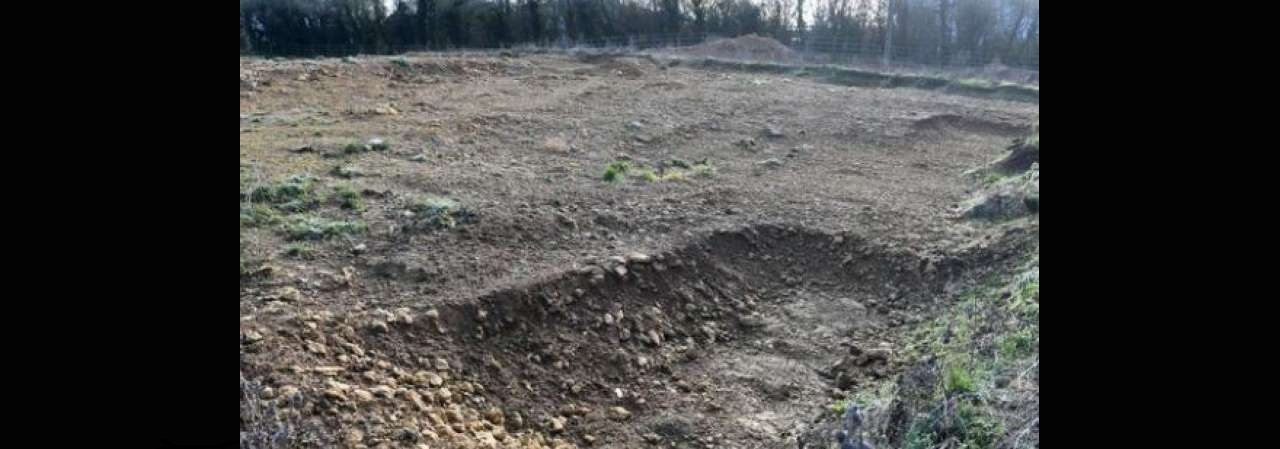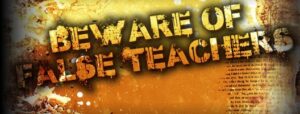
[Image credit: Jane Russell]
“I am aware that the bodies were found in December. There were more than 40 of them and they had their hands bound behind their backs, which infers they were prisoners of some kind," District and town councillor Robin Stuchbury told MKCitizen which broke the story at the end of January.
The remains of 42 individuals were unearthed during ground work for the beginning stages of a new development seeking to build 72 residences for retired individuals. Construction on the site has reportedly been halted at this time.
Stunchbury speculated that the remains “could date from Anglo Saxon times, when there were killings in Buckingham, or from during the Civil War, which also saw casualties. Or they could be criminals who were hanged on the gallows in the town. The fact is, we have a right to know. This is part of our history."
Stunchbury further stated that "What is evident is that it’s not a usual occurrence to find so many people in one place. And the fact they had their hands tied behind their backs meant they did not go willingly."
Local historians are also speculating that it could be "the biggest find of executed prisoners in the whole of the South of England in Anglo-Saxon times."
The construction firm, Brio Retirement Living Holdings, has commissioned an archaeological investigation, but the report may take months to be finalized. In the mean time, due to what some see as secrecy surrounding the find, some are alleging a cover-up. Those allegations seem to focus primarily on the fact that no information has been released about any potential artifacts located with the remains which could shed light on a possible date for the site.
‘We are awaiting the results of the post-excavation analysis to establish how old the burials are, and details such as the age and gender of those buried, their origins, health, illnesses and cause of death," Bill Chapple, the Conservative councillor responsible for planning at Buckinghamshire County Council said.
"This analysis can take some months to undertake, and the results will be presented in a report from the archaeological specialist consultant once work is complete." He further told the BBC, "We look forward to sharing the results once we have them."





